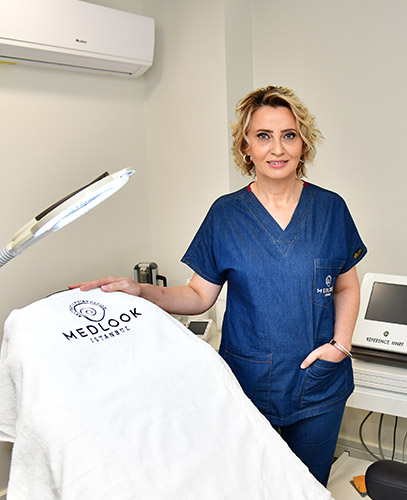Achieve a Fuller, Natural-Looking Beard with Beard Transplant in Istanbul
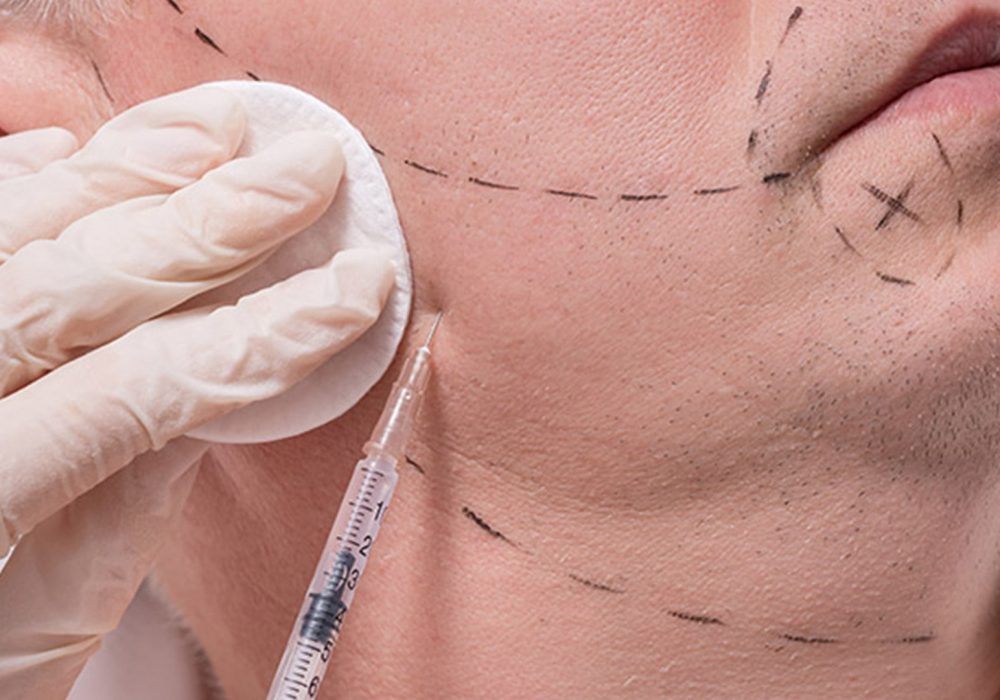
Istanbul has emerged as a leading destination for individuals seeking to enhance their facial hair through beard transplants. Renowned for combining expert surgical techniques with affordable healthcare, the city offers a viable solution for those looking to achieve a fuller, more natural-looking beard.
This procedure, typically performed by experienced specialists, involves transferring hair follicles from one part of the body to the face, ensuring a seamless and natural growth pattern. Whether due to genetics, medical conditions, or past injuries, a beard transplant in Istanbul can help restore confidence and achieve the desired aesthetic with lasting results.
What is a Beard Transplant and How Does It Work?
A beard transplant is a cosmetic procedure that helps individuals who struggle with patchy or incomplete beard growth achieve a fuller, more uniform beard. The process is similar to a traditional hair transplant and involves harvesting hair follicles from a donor area—typically the back of the scalp where the hair is thickest—and implanting them into the facial areas where beard growth is desired.
This procedure is typically done under local anesthesia and can take several hours, depending on the number of grafts required. The transplanted hair follicles integrate with the existing facial hair and grow naturally, allowing for regular shaving and grooming as they mature.
How Long Does It Take To See Results?
The initial growth can be observed within a few months post-surgery, but the full aesthetic benefits of a beard transplant are typically visible after 8-12 months.
Do I Feel Pain During a Beard Transplant?
No. Transplant is performed under local anesthesia so you do not feel anything during the procedure.
How Many Hours the Beard Transplant Takes?
The beard restoration procedure roughly takes 2 to 5 hours depending on the number of grafts harvested.
Why Some Men Can not Grow a Beard?
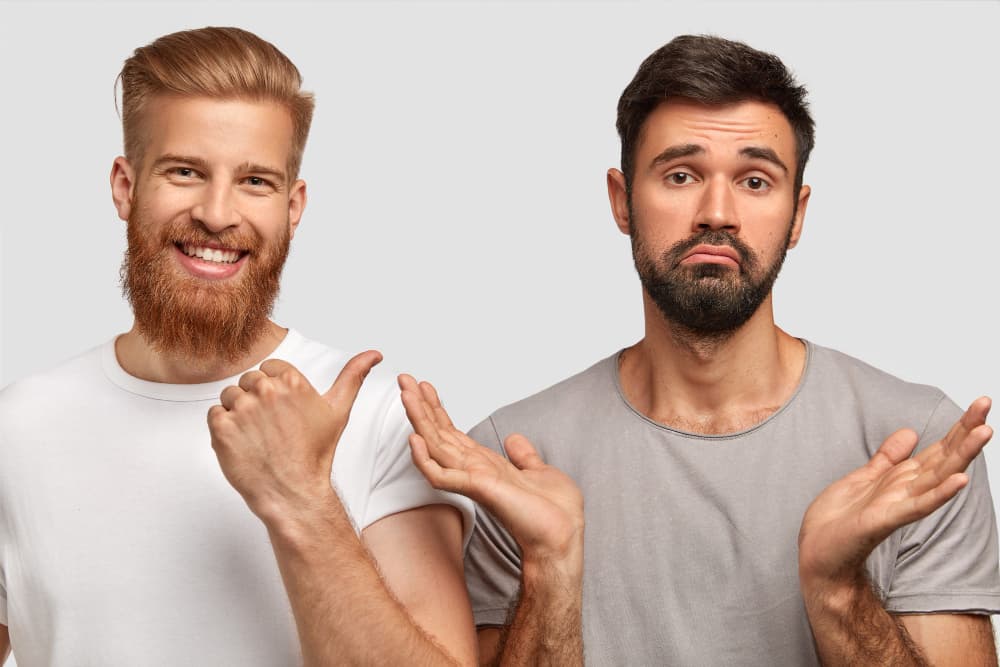
Dear young friends who apply garlic and other things to the skin, shaving with a razor for growing beard, just calm down wait until 21 years old. If you are not 21 years old yet, and you can not grow a beard do not worry, just give time for your beard.
In males, beard growth continues until the age of 21. (this number may vary in some people, explore men in your family). If you are older than 21 and you can not grow a beard yet. The reasons can be:
- Genetic reasons
- Hormonal imbalance
- Some illness (such as alopecia areata)
- Some drug side effects
- Physical trauma (burning, deep cuts..etc)
If you can not grow a beard because of hormonal imbalance, illness or drugs, first the reason should be treated. For example, if you have testosterone imbalance, first this situation must be treated. If the reason is genetic there is only one way and it is.
Benefits of Beard Transplant
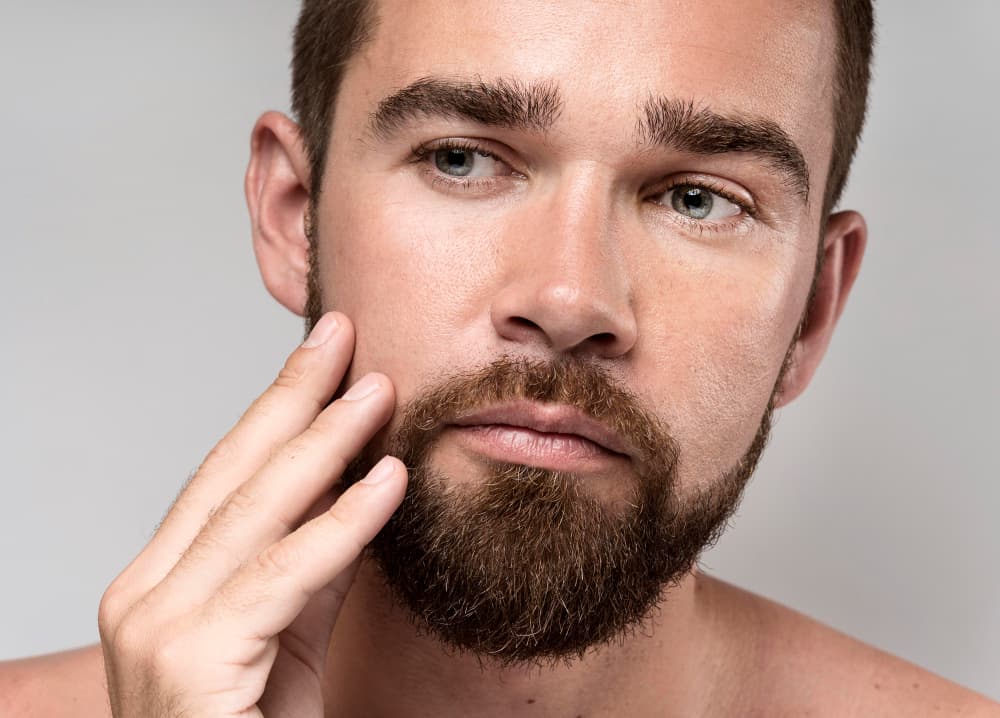
The primary benefit of a beard transplant is aesthetic, providing a fuller and more even beard that enhances facial features and boosts self-confidence. Additional benefits include:
- Permanent Results: Once the transplanted hair takes root, the results are permanent, providing a lifetime of fuller facial hair.
- Natural Appearance: The transplanted hair grows just like the rest of the beard, ensuring that the results look natural.
- Customization: The procedure allows for precise placement of hair, enabling a customized beard shape and density that suits the individual's face.
- Minimal Scarring: Using advanced techniques like Follicular Unit Extraction (FUE), the procedure leaves minimal scarring, which is typically hidden in the natural hair growth.
Who is a Good Candidate for Beard Transplant?
Healthy men aged 21-22 may be good candidates. Other good candidates for transplantation include:
- Men with Patchy Beards: Those who have uneven or patchy beard growth due to genetics, surgical scars, or injury.
- Men with Thin Beards: Individuals who can grow some facial hair but want a thicker, fuller look.
- Transgender Men: Transgender men looking to establish a more traditionally masculine appearance with facial hair.
- Good Donor Hair Supply: Ideal candidates should have a sufficient supply of healthy donor hair on the scalp or other areas.
- Realistic Expectations: It's important for candidates to have realistic expectations about the outcome and to understand that it may take several months for the final results to become apparent.
Candidates should also be in good general health and consult with a qualified specialist to ensure the procedure is suitable for their specific needs and expectations.
How is Beard Transplant Performed?
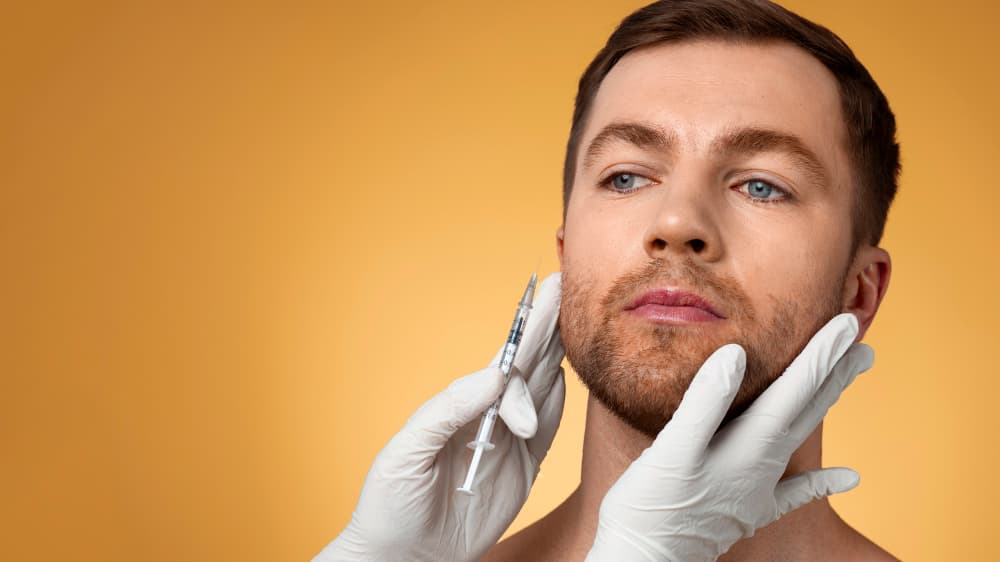
At İstanbul Hair Institute beard transplant is performed with FUE (follicular unit extraction). FUE is an extraction method that focuses on the removal of follicular units* individually through a special surgical tool, which is used for getting the grafts from the donor area of the patient (which is resistant to genetic pattern baldness).
These new relocated natural follicles will stay and continue growing. For optimal graft survival after donor harvesting, careful handling of the grafts is essential. Our technicque requires more attention than a hair transplant. Because facial skin more sensitive and softer than the scalp. But healing period is shorter than a hair transplant.
Beard transplant surgery typically follows a clear set of steps, and here’s what one can expect during the procedure:
Prior to the surgery, the patient meets with the surgeon to discuss goals, examine the facial hair area, and plan the transplant design, including where and how the hair will be placed.
On the day of surgery, the face and donor area (usually the back of the scalp) are cleaned and prepped. Local anesthesia is applied to minimize discomfort.
Hair follicles are harvested from the donor area using either the Follicular Unit Extraction (FUE) method, where individual follicles are removed one by one, or the Follicular Unit Transplantation (FUT) method, which involves taking a strip of skin with hair follicles.
The harvested follicles are then carefully implanted into the beard area. The surgeon makes tiny incisions in the facial skin to insert the follicles, paying close attention to the angle and direction of existing hair to ensure a natural-looking result.
After the surgery, the patient receives guidelines on how to care for the transplanted area, including cleaning and any medications to take to prevent infection and reduce swelling.
Initially, there may be some redness, swelling, and scabbing in the treated areas. Most patients can resume normal activities within a few days, but it may take a few weeks for the transplanted area to fully heal.
What About the Post-op?
The first few days after the procedure result in tiny crusts forming around each transplanted hair. Typically by the second day, patients are able to travel home and resume non-strenuous activities. The transplanted hairs will begin to fall out at around 3 weeks, and then start to regrow at 3-4 months.
You may think that a beard transplant is not a big procedure to worry about. Of course, there is nothing to worry about, but it is still a surgical procedure. Just make sure that an experienced hair restoration surgeon performs your transplant.
Beard Transplant Before and After
Exploring beard transplant before and after photos can provide insightful perspectives on the potential outcomes of the procedure. These images not only showcase the transformative effects of the transplant but also highlight the skill and precision of the surgeons involved. By examining these comparisons, prospective patients can set realistic expectations and feel more informed about their decision to undergo a beard transplant. Such visual evidence is invaluable in illustrating the potential enhancements in beard density and overall facial appearance.
Beard Transplant Cost in Istanbul
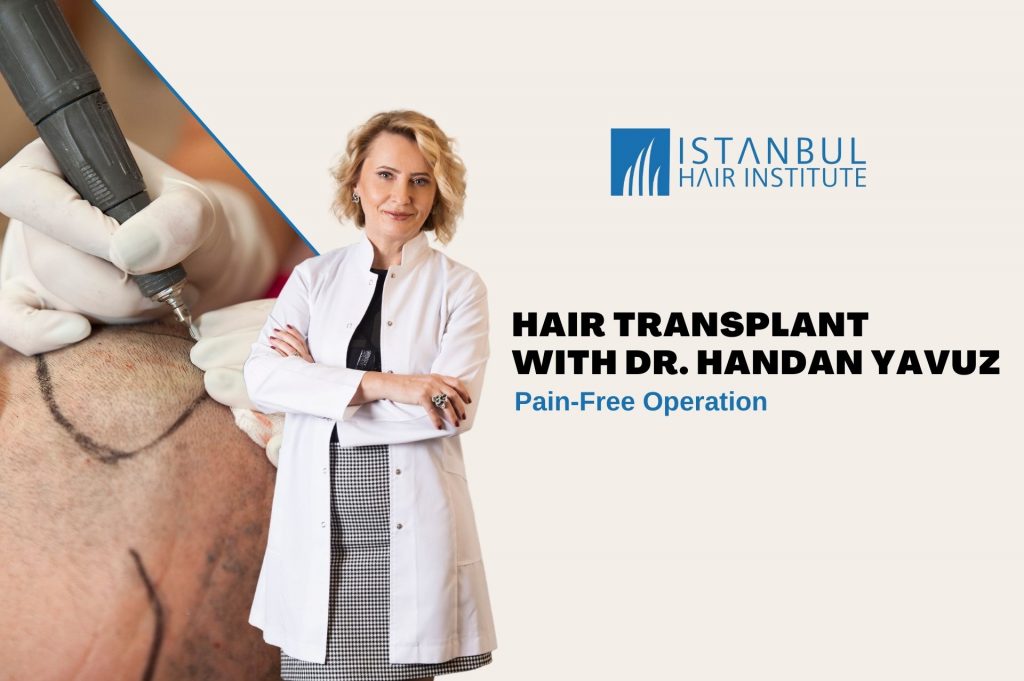
The cost of a beard transplant in Istanbul can vary widely depending on several factors, including the clinic’s reputation, the surgeon’s expertise, and the number of hair grafts needed. Generally, Istanbul is known for offering more affordable prices compared to many Western countries due to lower operational costs and high competition among clinics.
On average, the cost can range from $1,500 to $4,500 making it a cost-effective destination for those seeking quality cosmetic procedures without the hefty price tag of similar surgeries in the U.S. or Europe. It’s advisable to consult with several clinics to get detailed quotes and understand what is included in the price, such as aftercare or any additional fees.
Why Choose Istanbul For Beard Transplant?
Istanbul is renowned for its advanced medical facilities and experienced surgeons, offering high-quality cosmetic services at competitive prices, making it a popular destination for beard transplants.
Why Choose Our Clinic in Istanbul?
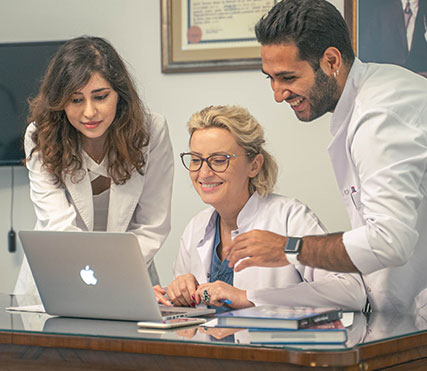
Dr. Handan Yavuz is recognized as one of the foremost hair transplant specialists in Turkey, highly skilled in the Follicular Unit Extraction (FUE) technique. Her approach ensures natural-looking results, focusing on the meticulous placement of grafts which determines the direction and appearance of hair growth.
Choosing the Istanbul Hair Institute for your beard transplant comes with several distinct advantages, highlighted by their commitment to quality and patient satisfaction. Here are some key reasons to consider them:
- High-Quality Facilities: The procedures are conducted in some of the most prestigious hospitals in Turkey, providing patients with luxurious and comfortable accommodations. This setting ensures a high standard of cleanliness and painless treatments, underlining their commitment to patient care.
- Comprehensive Service: From initial consultations to post-operative care, the Istanbul Hair Institute ensures every aspect of the transplant process is smooth and clear. Patients receive thorough guidance on what to expect before and after the procedure, emphasizing personalized care.
- Affordability: Despite the high level of service and expertise, the costs of procedures at the Istanbul Hair Institute are competitive, especially compared to Western countries. This makes it an attractive option for those seeking quality treatment without the exorbitant price tag.
- Transparency and Patient Satisfaction: The clinic values transparency, showcasing real patient results and only using patient photos with their consent. They also provide a full warranty on the transplanted hair, reassuring patients of the lasting quality of their treatment.
These factors make the Istanbul Hair Institute a compelling choice for anyone looking to enhance their beard through transplantation, ensuring a blend of expert care, affordability, and high patient satisfaction.
Things to Do in Istanbul After Beard Transplant

After your beard transplant in Istanbul, consider these relaxing activities to enjoy the city:
- Explore Historic Sites: Visit iconic landmarks like Topkapi Palace, Hagia Sophia, and Blue Mosque for a taste of Istanbul's rich history.
- Bosphorus Cruise: Take a leisurely cruise along the Bosphorus to see Istanbul’s skyline and enjoy a relaxing time on the water.
- Stroll and Shop: Wander through the vibrant Istiklal Street, bustling with shops, cafes, and street performances.
- Visit Museums: Explore the Istanbul Archaeological Museums, which showcase artifacts from various eras of the city's past.
- Explore Kadıköy: Experience local culture and cuisine in the lively neighborhood of Kadıköy on the Asian side.
- Enjoy Music: If timing allows, attend the Istanbul Jazz Festival, featuring performances by diverse international artists.
These activities are gentle yet engaging, making them suitable for a recovery period.
Beard Transplant Istanbul FAQs
Let’s take a look at frequently asked questions about beard transplant.
What is beard transplant?
a cosmetic procedure aimed at enhancing facial hair density and coverage. Ideal for individuals experiencing patchy or insufficient beard growth, this technique involves transplanting hair follicles to the beard area.
How does beard transplant work?
During a transplant, hair follicles are harvested from a donor area, typically the back of the scalp, and meticulously implanted into the facial regions lacking density. This process ensures a natural-looking beard growth.
What are the benefits
Opting for a beard transplant can significantly improve facial aesthetics by providing a fuller, well-shaped beard, boosting self-confidence and facial symmetry.
Who is a good candidate for transplant?
Ideal candidates are those with healthy donor hair on their scalp and realistic expectations about the outcomes. Patients should be in good overall health to minimize any surgical risks.
What can I expect during surgery?
Transplant surgery is typically performed under local anesthesia and involves precise follicular unit extraction (FUE) to ensure minimal discomfort and downtime.
What are the side effects of beard transplant surgery?
Common side effects include temporary itching, swelling, and redness at the transplant site. Rare complications might involve infection or unsatisfactory aesthetic results.
What should I do after transplant?
Post-operative care is crucial for optimal results and includes following the surgeon’s instructions on wound care, avoiding certain activities, and attending follow-up appointments.

